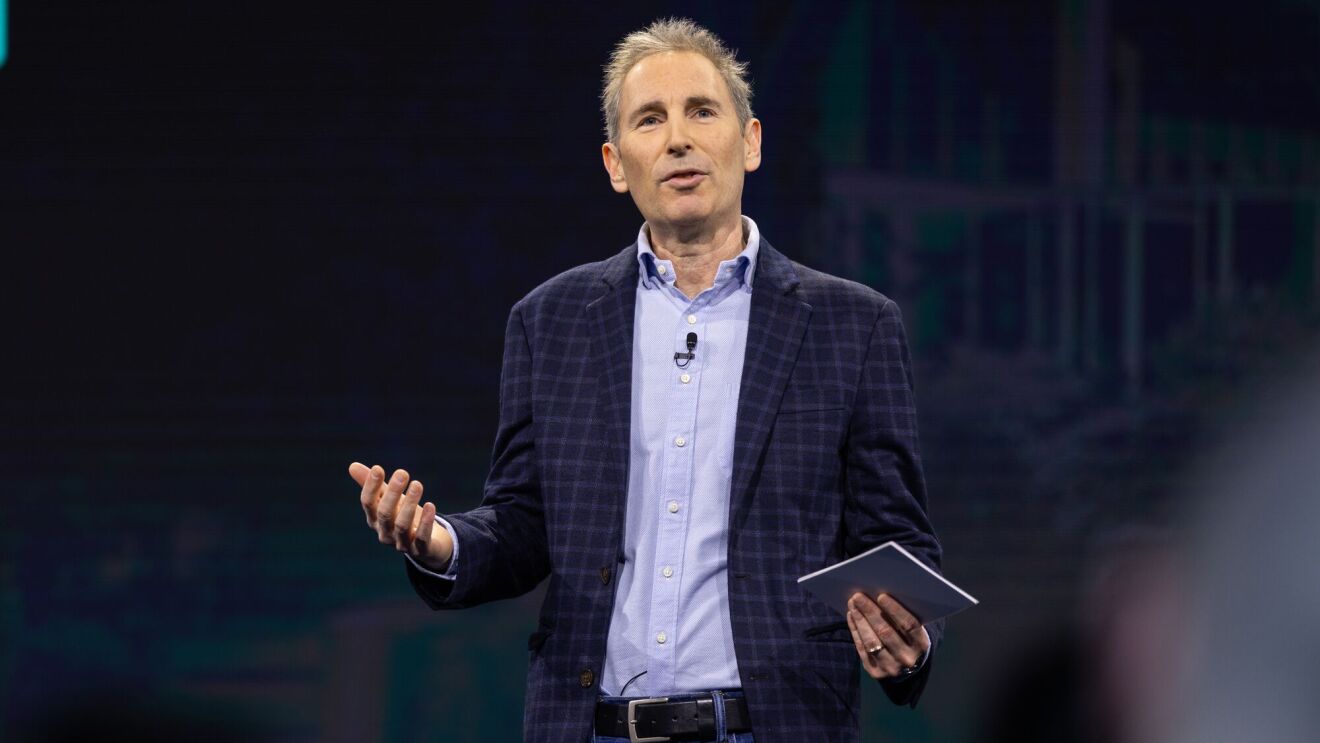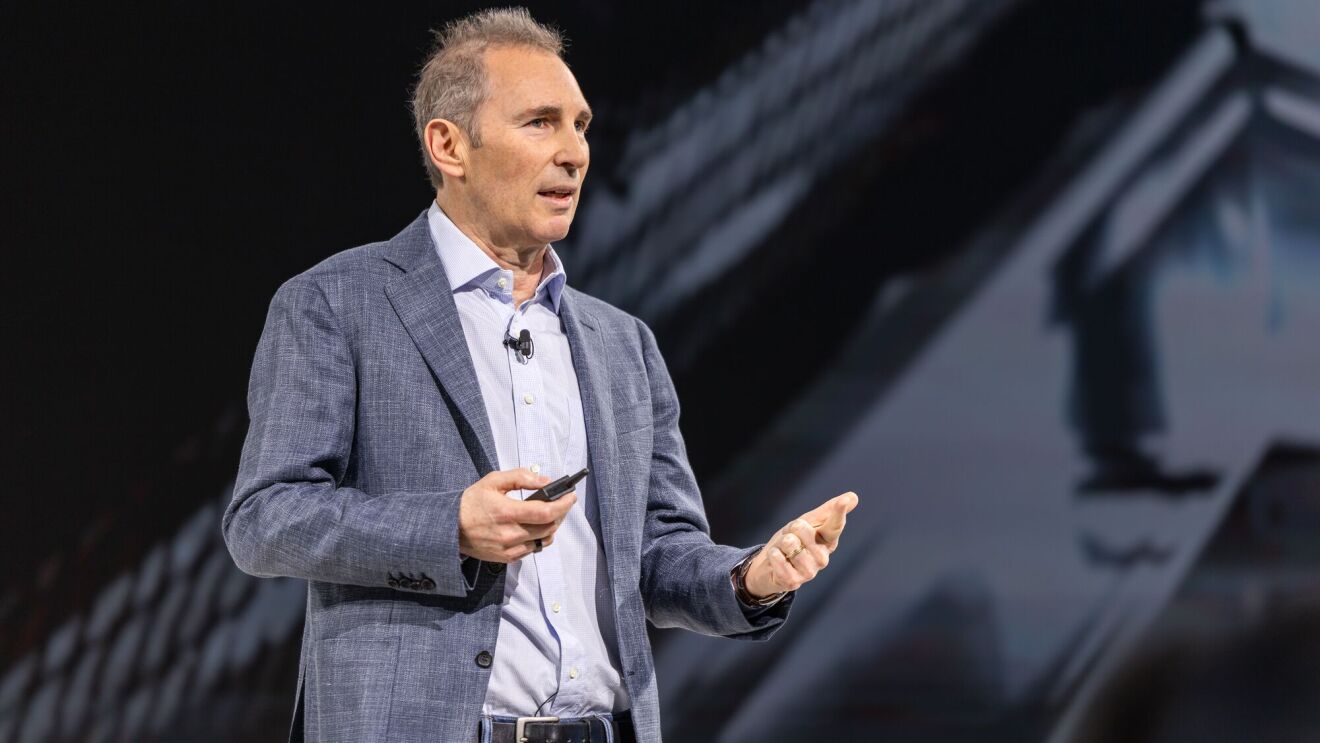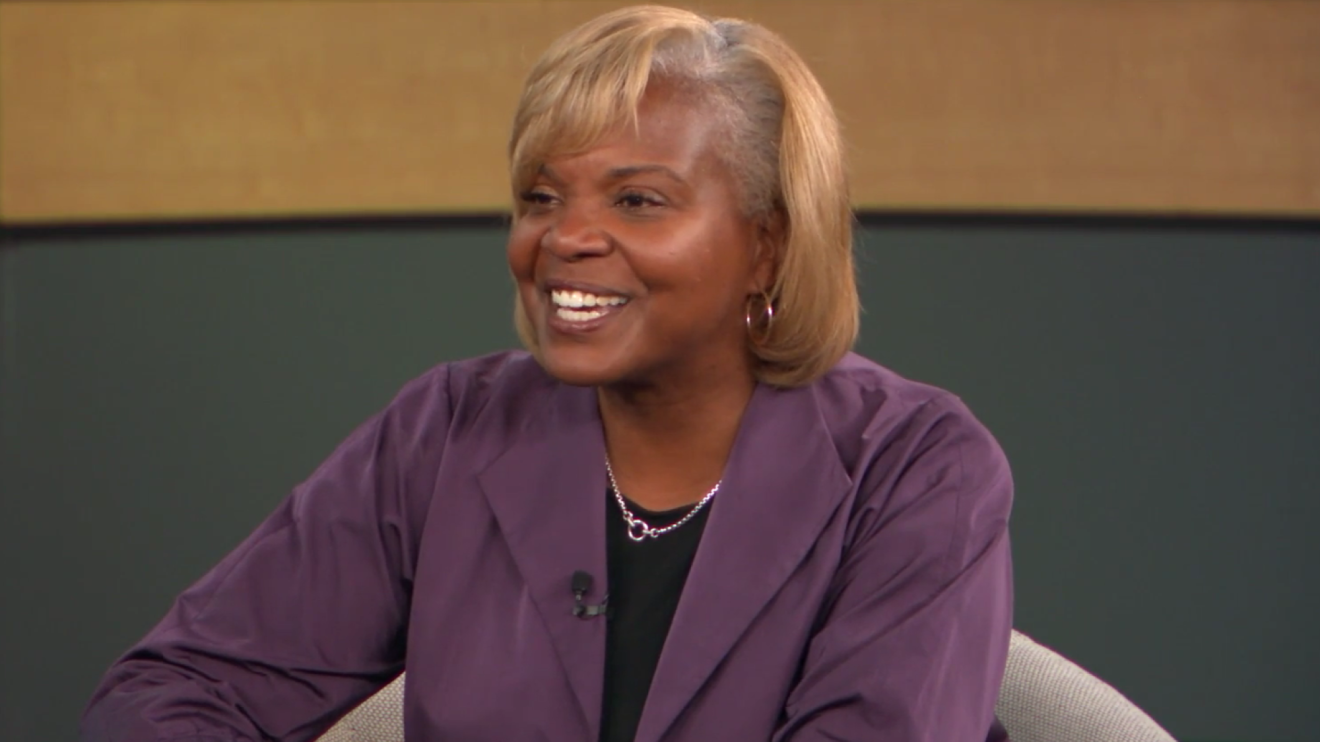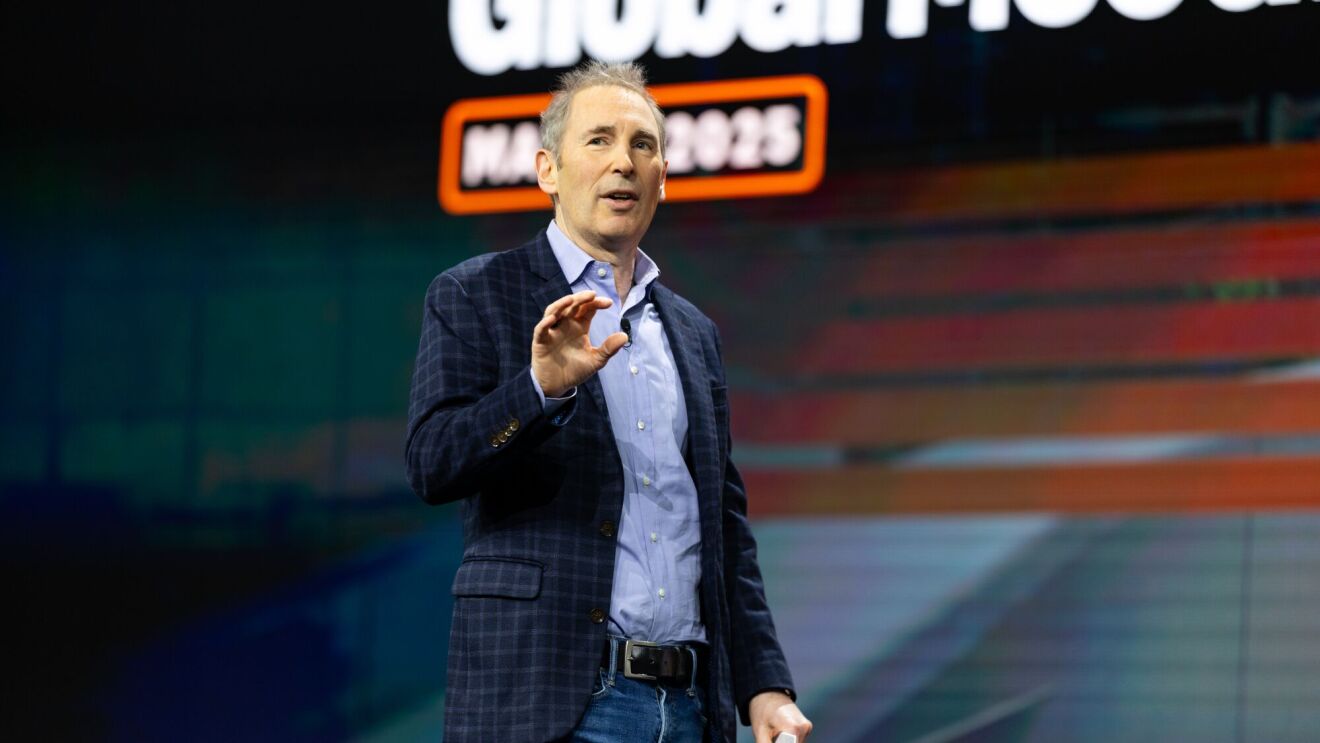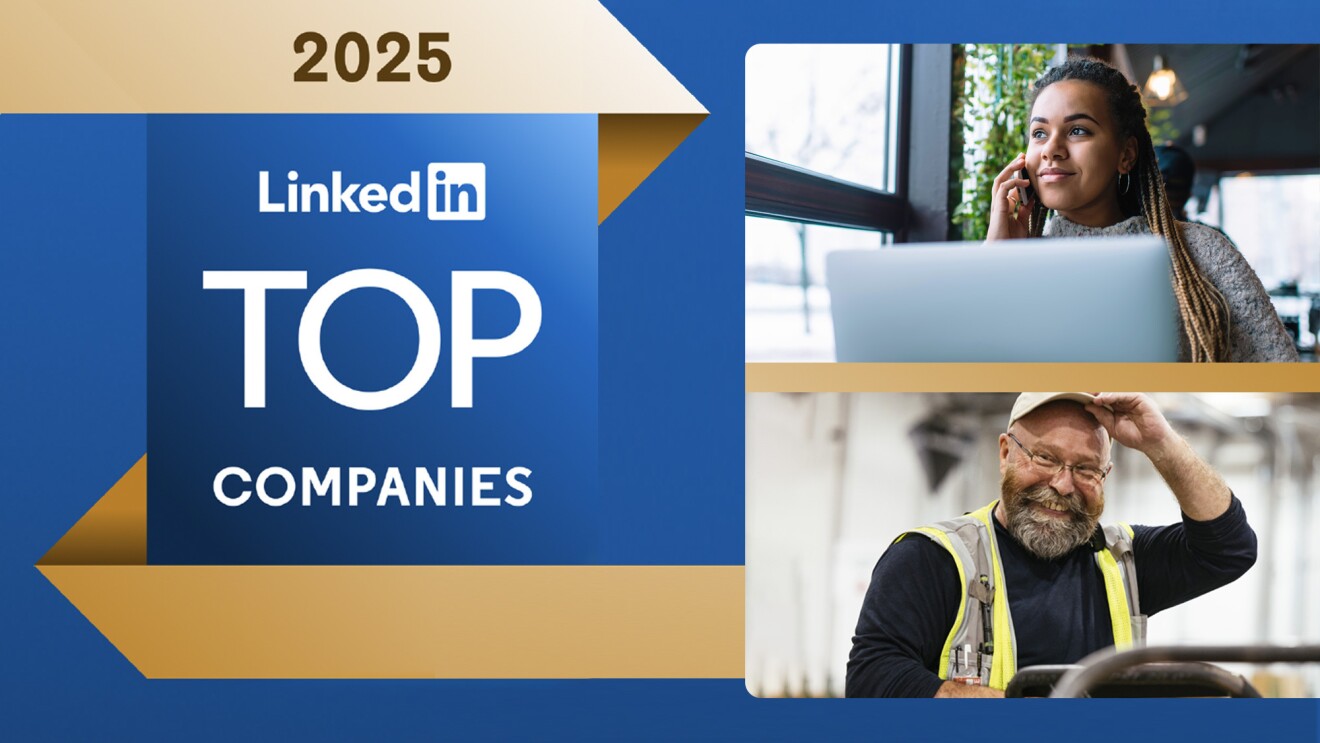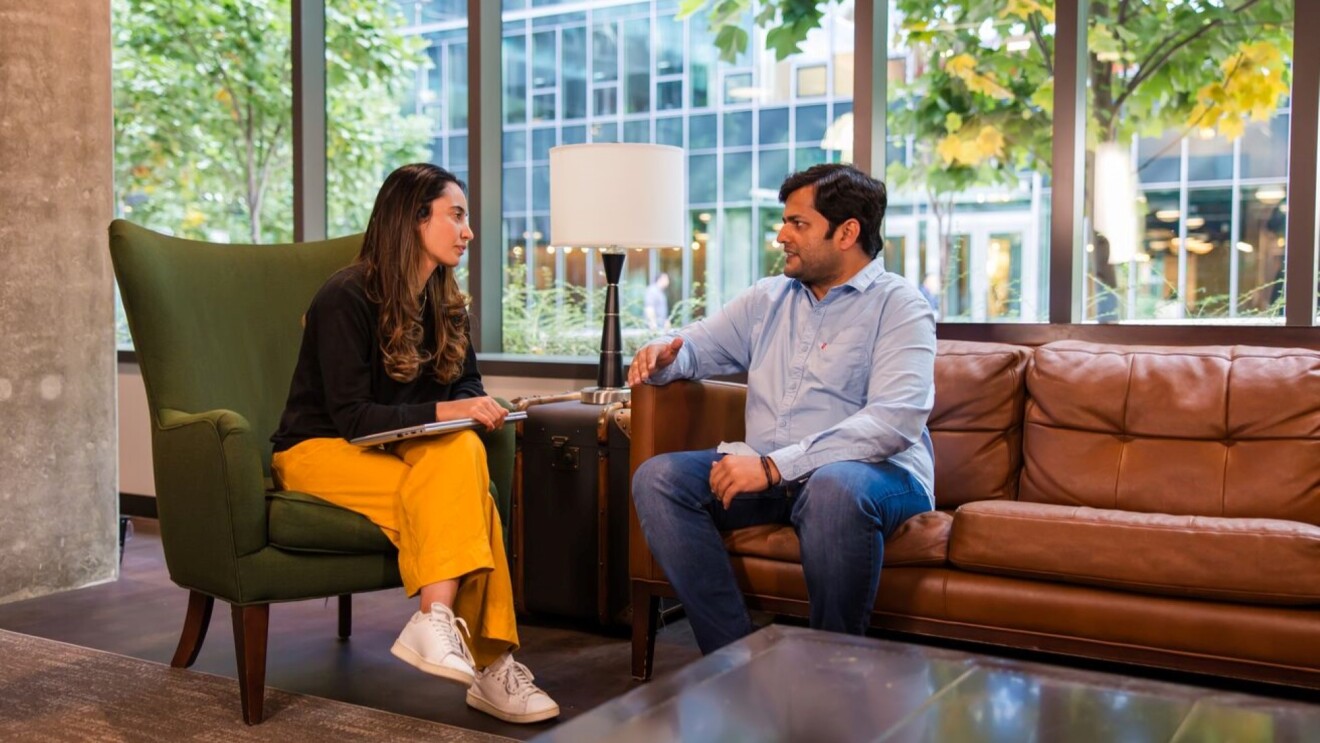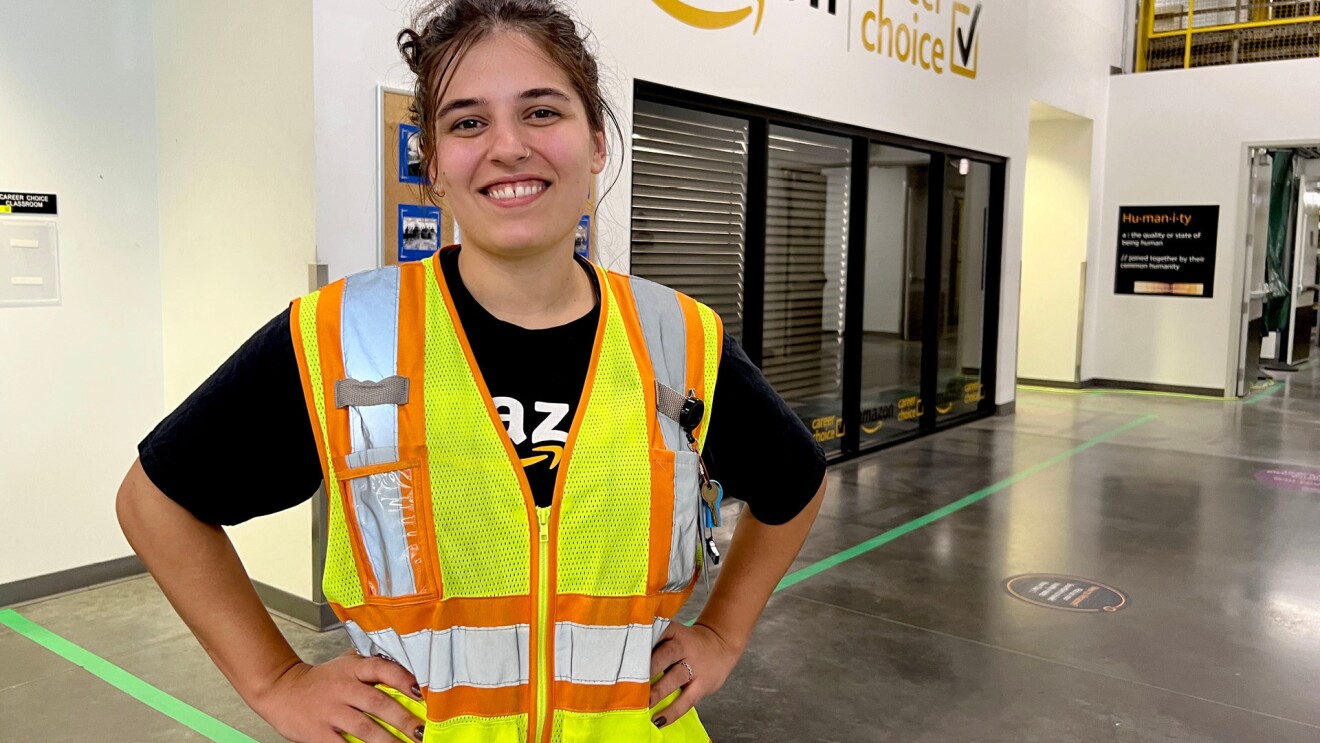Six years ago, Angelina Howard arrived in Seattle fresh out of college and ready to embark on her journey at Amazon. Two promotions, three teams, and many accomplishments later, Howard is a senior employee on her team, president of the company’s Black Employee Network (BEN), and was just recently named to Forbes’ 30 Under 30 list.
“I think we should all do better than the person before us, and that's important to me as I think about the work I've been able to do,” said Howard, senior product manager on the Digital Video Games team at Amazon. “It’s amazing to be recognized for things I feel l was supposed to do. I just want to make a difference.”
As the leader of BEN—an affinity group at Amazon whose mission is to recruit, retain, and empower Black employees—and in her role building customer experiences at Amazon, Howard is a dedicated advocate for Black, Latinx, and Native American (BLNA) employees, customers, and communities.
“It starts with inclusion,” she said. “You can try to hire more people of color at a company, but they’ll leave if the culture is not inclusive. When you build and grow diverse teams, you're able to build a better product for customers and do more for the communities you serve.”
01 / 03
At the start of the year, Howard had planned to focus BEN’s efforts on building professional development programs to increase inclusion and representation for Black employees and professionals in the community. As many can attest, the year did not go as intended. Though the events BEN planned were cancelled or changed dramatically, Howard didn’t abandon her mission. She doubled down on her efforts and expanded her focus to meet the needs of Black community members disproportionately impacted by the global pandemic and racial injustice.
“I had to pivot quickly,” she said. “We had to take a look at what people really needed. We asked ourselves: how do we have a long-term impact by amplifying Black voices?”
Supporting Black communities amid a global pandemic
The first major shift came when Howard saw the impact the COVID-19 pandemic was having on Black communities. “It really hurt me to see my community impacted in this way," she said. "So many people did not have access to healthcare and food which is something so many people take for granted. I felt a strong desire to do more. I had to do more.”
Howard, and the leaders of BEN, started with a simple yet impactful decision to fast track BEN Startup Week, an annual event she helped found in 2018 to support Black company founders. More than 2,300 entrepreneurs attended this year’s virtual conference.
“Moving the event up was important because we were able to help entrepreneurs and business owners find ways to diversify their revenue streams and highlight Black businesses during the pandemic,” she said.
Howard also worked with senior leaders at Amazon to help the company identify additional opportunities to extend support to Black communities as a part of its COVID-19 relief efforts.
“Amazon announced that we were going to provide grants to businesses in South Lake Union,” she said. “That was amazing—but I wanted to make sure we were also supporting the Black communities in need.”
Howard was able to help caterers and restaurants like That Brown Girl Cooks!, Dayo Sense, and Island Soul get much-needed grants to help them weather financial losses due to the pandemic. “That was a really big win,” she said. “It motivated me to ask: what else can we do? Let's just keep going until someone tells us no.”
Helping guide Amazon's response to a racial reckoning
As the pandemic stretched into the summer, a string of racially charged killings reignited racial traumas that the Black community has experienced for generations. Howard and the entire BEN team played an instrumental role in helping Amazon show its support for the racial awakening taking place in our nation and around the world.
“When George Floyd was murdered, that shook everyone,” said Howard. “We started having internal conversations about racial injustice in May following the deaths of George Floyd, Ahmaud Arbery, and Breonna Taylor, but talking to our leaders and acknowledging our employees’ pain was just one thing. We needed to figure out what action Amazon was going to take to make a long-lasting impact.”
BEN leaders, including Howard, worked alongside diversity and inclusion teams and senior leaders to put together a timely and meaningful response.
“In our conversations, I stressed that it's important for us to be bold in our statements,” Howard said. “We have to say that Black lives matter. If we’re going to say something, we need to say it unapologetically.”
01 / 02
As part of Howard’s efforts, BEN leadership guided the company on where to direct an Amazon donation and employee match totaling $27 million for organizations supporting social justice and racial equity. She continues to be a key partner working with leadership on how Amazon can continue to support Black employees and communities. Currently, one of the larger BEN-driven initiatives she’s helping with is the Black Executive Development Program, a program that helps Black Amazon employees prepare for executive leadership roles.
“I understand the importance of not only providing monetary support, but sowing seeds for success into the community,” she said. “While Amazon is a big company, the problems are vast. I can’t change the world overnight, but I am determined to try.”
Using her platform to do even more
Howard said earning recognition from Forbes is just the beginning. She feels a sense of responsibility to use her platform and voice to help others achieve success, too.
“Representation matters,” she said. “I received a text from someone who showed his daughter my picture in Forbes and told her what it meant. It’s great to know that this isn’t just impacting Amazon employees, but people outside of Amazon too. Younger girls are looking to me.”
Her accomplishments this year are more remarkable considering that on top of her work with BEN, Howard owns the customer discovery roadmap for digital video games across seven marketplaces at Amazon. She is passionate about learning and building inclusive, accessible products while also increasing the knowledge and representation of BLNA professionals in tech.
Trending news and stories
- Amazon unveils 7 new robots powering faster, safer deliveries: Go inside our most innovative delivery station yet
- Introducing Vulcan: Amazon's first robot with a sense of touch
- This new AI tech will make sorting packages easier for Amazon's delivery station employees
- How Amazon helps data center communities thrive







